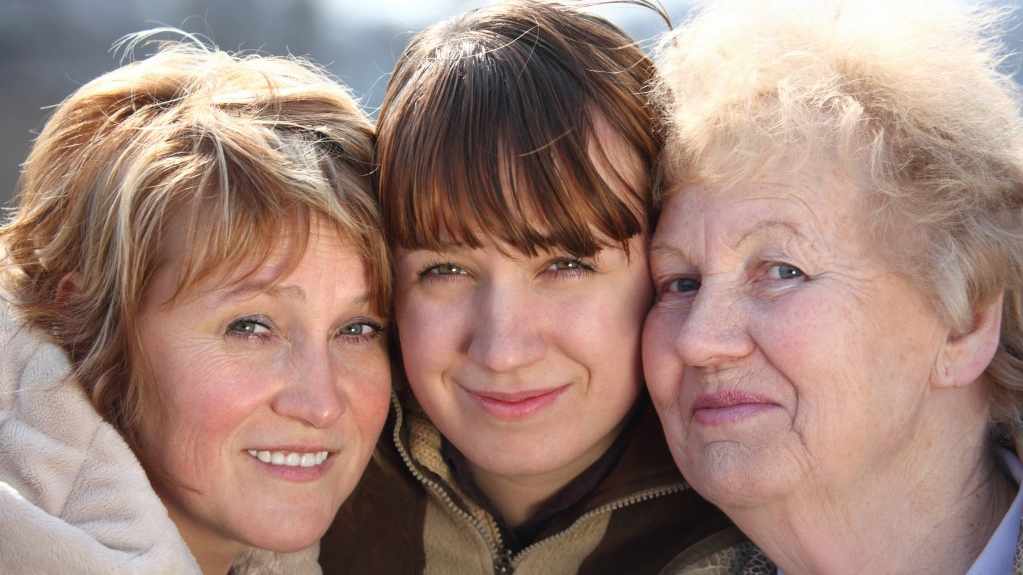
About 1 in 8 women will be diagnosed with breast cancer. For most women, a combination of factors can contribute to their level of risk, including lifestyle choices or environmental influences. Only a small percentage of women are considered to be at high risk for developing breast cancer due to family history, genetic mutation, or tissue-based findings that elevate their odds.
"It's very important for patients to know that there are things they can do to lower their risk for breast cancer," says Lauren Cornell, M.D., a breast medicine physician at the Jacoby Center for Breast Health at Mayo Clinic in Florida. "Regular cardiovascular exercise, maintaining a healthy body weight and reducing the consumption of alcohol can significantly lower a woman's risk for breast cancer."
Regular breast screenings and an individualized plan for a woman's health also can reduce the risk for breast cancer and improve survival outcomes if cancer is detected, says Dr. Cornell.
"It's important for patients to have an individualized discussion with their health care providers so that we can tailor their screening recommendations," Dr. Cornell says.
Such screening recommendations may include mammography and other imaging modalities.
Journalists: Broadcast-quality video is in the downloads at the end of this post. Please courtesy: "Mayo Clinic News Network."
"This conversation should take into account a patient's family history of breast cancer, their reproductive history, their mammographic breast density and any previous breast biopsies ― all which may increase their future risk for breast cancer," Dr. Cornell says.
Dr. Cornell also uses a risk assessment model to determine a patient's long-term breast cancer risk.
Misconceptions about risk
Dr. Cornell says there are plenty of misconceptions about breast cancer risk. At the top of her list is a woman without a family history of breast cancer is not at risk of developing breast cancer. She points out that only about 15% of newly diagnosed patients have a family history of breast cancer. Another misconception is about the safety of mammography.
"One of the biggest myths is that screening mammography is associated with a high dose of radiation," Dr. Cornell says. "In reality, it's a very low dose of radiation. It's similar to the amount of radiation that a woman would get from her natural surroundings for about a seven-week period."
__________________________________
For the safety of its patients, staff and visitors, Mayo Clinic has strict masking policies in place. Anyone shown without a mask was either recorded prior to COVID-19 or recorded in a nonpatient care area where social distancing and other safety protocols were followed.







